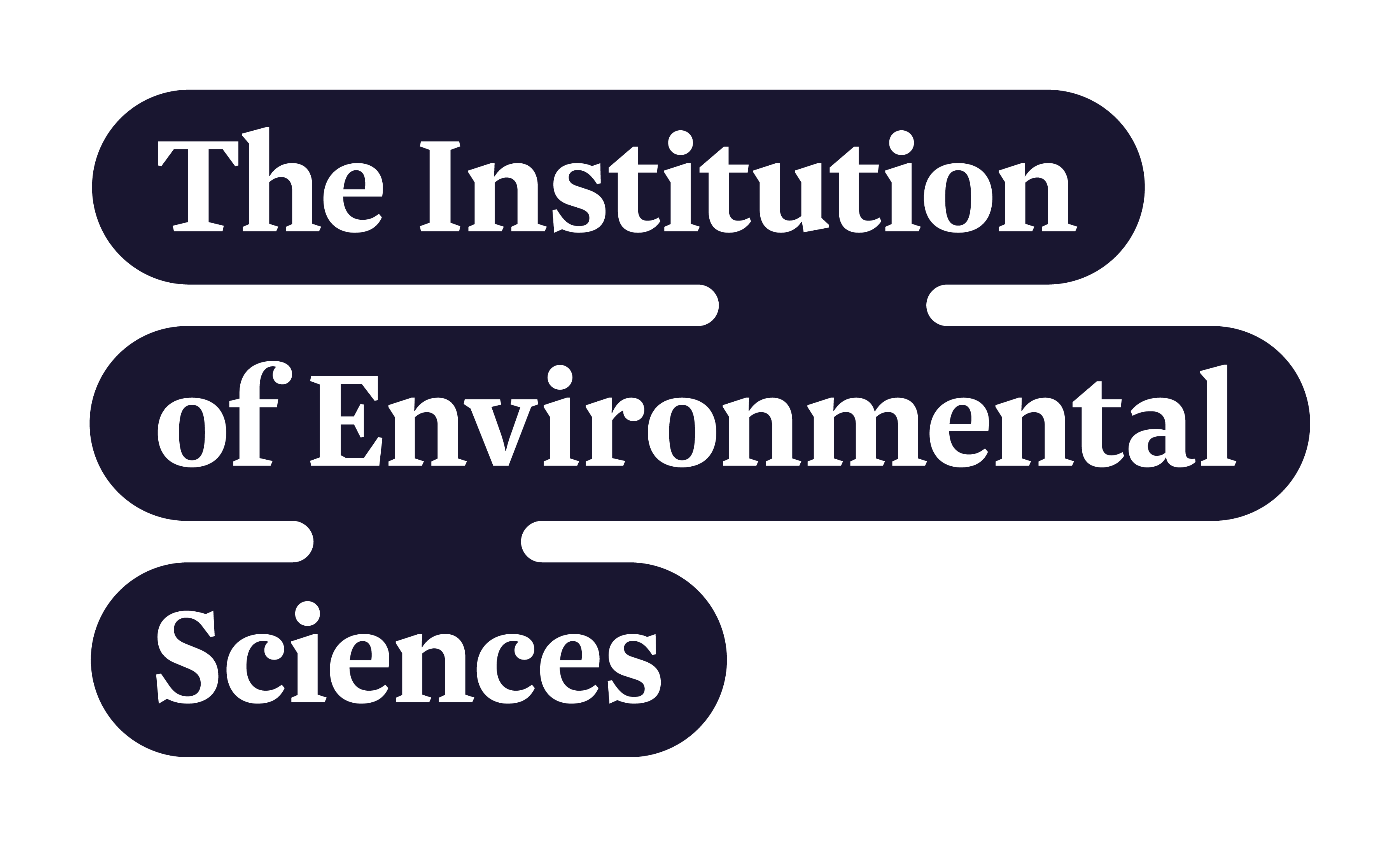UK Policy Update - December 2013
Schools and Education
In a survey of 180 primary and secondary schools in England Ofsted has found that a significant minority of primary schools failed to ensure full coverage of the science national curriculum. School leaders also tended not to monitor and evaluate the reasons why their pupils, both boys and girls, pursued routes other than science at 16. The survey also found that the effectiveness of science teaching in both primary and secondary schools was much more likely to be outstanding when teachers and subject leaders had received science-specific training. The report recommends that school leaders continue to:
- Provide subject-specific continuous professional development for teachers
- Provide sufficient weekly curriculum time
- In secondary schools provide enough laboratory space so that individual pupils develop good scientifiic inquiry skills as well as the knowledge they need to pass examinations
Read responses from the Science Council, ASE, Institute of Physics and Society of Biology
An Institute of Physics report on gender balances across six school subjects - physics, maths, economics, biology, English and psychology - has found that nearly 50% of co-education schools in England have greater disparities than the national average. Schools with sixth forms were found to have smaller gender imbalances in progression to these A-level subjects than those without a sixth form. While there were significant differences between regions and between local authorities, there did not appear to be any strong correlation between gender imbalance in progression to A-levels and the percentage of students on free school meals or school size.
The report includes the recommendations that schools’ accountability measures should include gender imbalances in progression to A-level and other post-16 qualifications, and that curriculum developers in gendered subjects should reflect on the curriculum content and the types of assessment to ensure meaningful access for all.
New research from the Edge Foundation and City & Guilds has found that 60% of employers consider the government hasn’t done enough to support vocational education. When asked about the relevance of vocational education nearly three quarters of employers interviewed considered vocational skills to be essential for improving the skills of young people; and more than half considered vocational qualifications to be more valuable than academic qualifications in preparing people for work. Nearly 80% of respondents believed that there should be better alternatives to A-levels for those who wanted to pursue practical learning, and three quarters felt that there needed to be an increase in the number and range of vocational qualifications offered to young people.
The Skills Commission report, ’One System, Many Pathways: forging consensus on 14 –19 education and training’ has called for the Department for Education to undertake a full and immediate review of careers information, advice, and guidance provision, and to undertake greater public support and promotion of vocational education pathways into higher education and employment. The report recommends that the Department for Education should provide schools with greater freedoms to allocate time 14-16 year olds can spend on technical and vocational qualifications and training. The DfE should also examine how institutions that provide vocational and technical provision would become accredited and licensed.
Labour Party leader, Ed Miliband has asked former Tomorrow’s World presenter Maggie Philbin to lead a Digital Skills Taskforce to identify skills gaps in IT and provide advice to all parties on how to tackle them. The Science Council is in contact with the Digital Skills Taskforce on how it can contribute to the review. We are looking to arrange a roundtable meeting in the New Year. Further details will be sent out in due course but for more information contact Oliver O’Hanlon.
The Husbands Review of technical education on behalf of the Labour Party has called for further education colleges to aspire to become Institutes of Technical Education to deliver specialist technical education. To apply for the licence college should be able to demonstrate that they meet three core criteria:
- Specialist vocational teaching and expertise
- Strong employer and labour market links
- High quality English and Maths provision
In addition they will need to meet broader indicators demonstrating strong performance and measures of employer and student satisfaction. They would be characterised by their focus on a ‘core mission’ to deliver ‘gold standard’ technical qualifications, high teaching standards by ensuring that all further education college teachers are ‘suitably qualified’, and have and better links with local employers to support local and regional growth strategies.
Baroness Joan Bakewell spoke in the House of Lords on the steps to be undertaken to ensure careers services in schools make pupils fully aware of apprenticeship opportunities.
Higher Education
A Sutton Trust review of family background and access to ‘high status’ universities in the UK and USA has found that children with parents who work in ‘professional’ roles are three times more likely to go to a leading university than those with working-class parents. The report defines ‘working class’ and ‘professional’ based upon measures of fathers’ occupation rather than wealth. Working class occupations include labourers, carpenters, cleaners and waiters while professional occupations include doctors, lawyers and teachers. The review found that while academic achievement can be explained for much of the university access gap, there is a strong suggestion that a significant number of working-class children are choosing not to attend high status institutions despite their academic ability.
The Higher Education Funding Council for England has announced that more than 2,800 postgraduate students will receive £25 million of support through the Postgraduate Support Scheme. Support will come in the form of financial and pastoral support, networking, funded studentships and work placements. The support is expected to ensure participation by students who would not otherwise progress to this level. The Universities and Science Minister, David Willetts said “We want talented graduates from all backgrounds to feel inspired and able to continue their education”.
Universities UK has published a report on the future funding challenge for UK universities calling for the government to support an increase in student numbers to meet the long-term needs of the UK economy. In his Autumn Statement the Chancellor announced that the student recruitment cap into higher education would be increased by 30,000 in 2014-15 and removed completely in 2015-16.
A Million+ and National Education Opportunities Network report warns that reported cuts to higher education will disproportionately affect students from disadvantaged backgrounds, and disabled and mature students who rely most on the Student Opportunity allocation (previously the Widening Participation Premium). The report asks the Treasury to take a “holistic approach to the variety of funding streams...to promote access and student success” and treat it as an investment with an associated financial return.
Skills and Careers
A report from the UK Commission for Employment and Skills (UKCES) on the supply and demand for high-level STEM Skills has found that, while there are mismatches in supply and demand in some ‘hard to fill’ STEM occupations such as engineering and biosciences, and regional disparities there does not appear to be an overall shortage in the number of STEM graduates in the UK. The report does acknowledge that current shortages and imbalances may be optimistic as they “reflect what would happen if qualification structure remained constant within each occupation”.
The UKCES Review of Adult Vocational Qualifications in England has called for employers and unions to work with awarding organisations, training providers and professional bodies to design, approve and deliver appropriate vocational qualifications for adults.
Speaking at the Association of Colleges Annual Conference, AoC President Michele Sutton has described the quality of careers guidance in England as “nothing less than appalling”. She asked the Prime Minister to “get a move on” with the policy changes needed to deliver careers information that includes apprenticeship and vocational education options. The AoC has launched a campaign, Careers Guidance: Guaranteed which calls on the government to ensure that all pupils have access to careers advice on post-14 education, training and employment options.
The Business Secretary Vince Cable announced that the Department for Business, Innovation and Skills (BIS) will provide an additional £232 million of ‘skills capital funding’ to further education in 2016/17, supplemented by £250 million by colleges. The goal is “to give colleges and LEPs greater long-term certainty regarding how skills capital will be made available in future”.
A report by the British Council on the take-up of language in the UK concludes that the UK has not devoted enough time and resources to language learning. In the Science Council’s response to the Department for Business, Innovation and Skills’ consultation on UK/EU Review of Balance of Competencies expressed concern that although English remains the predominant spoken and learned language internationally, UK science students’ lack of foreign language skills will become detrimental to their ability to study and learn abroad, and work in international teams.
Science and Industry
The Scottish National Party’s Independence ‘white paper’ has highlighted Scotland’s higher education and life science industry as key strengths to build upon in the event of independence. It also outlines that one of the key priorities will be to find ways of boosting business spending on research and development. An independent Scotland would also seek to negotiate its continued contribution to the Research Councils. Scottish students will continue to have access to free higher education tuition but students from the rest of the UK and abroad would have to pay.
The House of Lords Science & Technology Select Committee has published its report into scientific infrastructure. The Committee says that while the “overall picture is a largely positive one” there areas in which the provision of scientific infrastructure must be addressed. In line with recommendations by the Science Council’s and member bodies in their submissions of evidence, the Committee recommends that BIS produce a long-term and underpinning investment plan for scientific infrastructure, and that training of the skilled workforce needed to operate scientific infrastructure, are fully taken into account when developing the strategy, especially the development of a technician workforce with attractive career paths.
The Working Group on Expanding Access to Published Research Findings, also known as the Finch Group has published a review of progress in implementing its original recommendations on Open Access (OA) one year on. The report says that learned societies have taken “significant steps by increasing the range of OA options available” but acknowledges the potential damage to learned societies that may result from OA, and finds it “disappointing that many commentators, including the Commons BIS Committee, have ignored this issue”. The Report is concerned that, as many learned societies rely on proceeds from their publications to finance other activities to support their discipline, the introduction of OA will reduce these activities due to falling revenues. The Report is also concerned that some learned societies will reject the move to OA, and as a result there are “real dangers to such societies as the scholarly publications world changes around them”. It goes on to say that some of the smaller societies lack the capacity and capability to engage with the transition, and says that they will need help to do so.
Read responses from Society of Biology, Universities UK, Russell Group
Speaking at the Berlin Open Access Conference in Berlin, Science Minister David Willetts said that “there is a lack of coordination and standardisation of data across institutions within particular disciplines” and that “Addressing this will require leadership from learned societies”. He confirmed that an Open Science Data Forum will convene in early 2014.
The House of Commons Business, Innovation and Skills Select Committee published the Government’s and Research Councils UK responses to its report on Open Access. Both responses stated that their “envisaged final destination” is likely to be what the Finch Group termed a ‘mixed economy’ of Gold and Green Open Access.
The Prime Minister announced that Government spending on dementia research will double over the next decade from £66 million in 2015 to £130 million by 2025.
The House of Commons Science & Technology Select Committee held an evidence session on variant Creutzfeldt-Jacob Disease.


